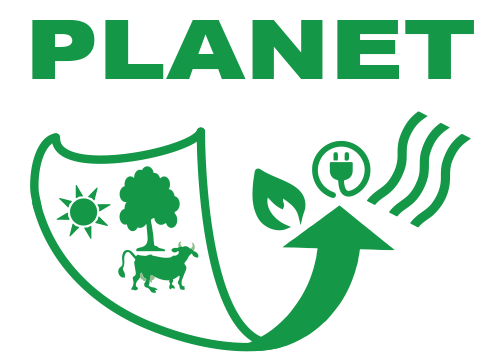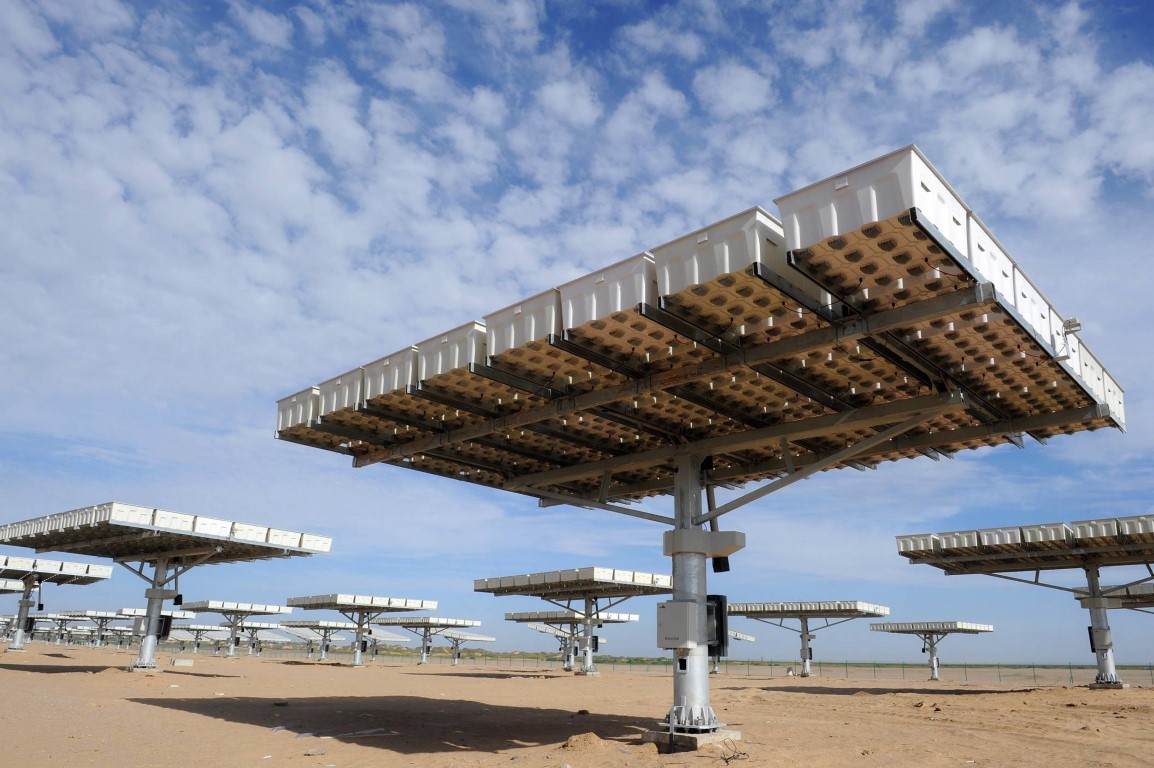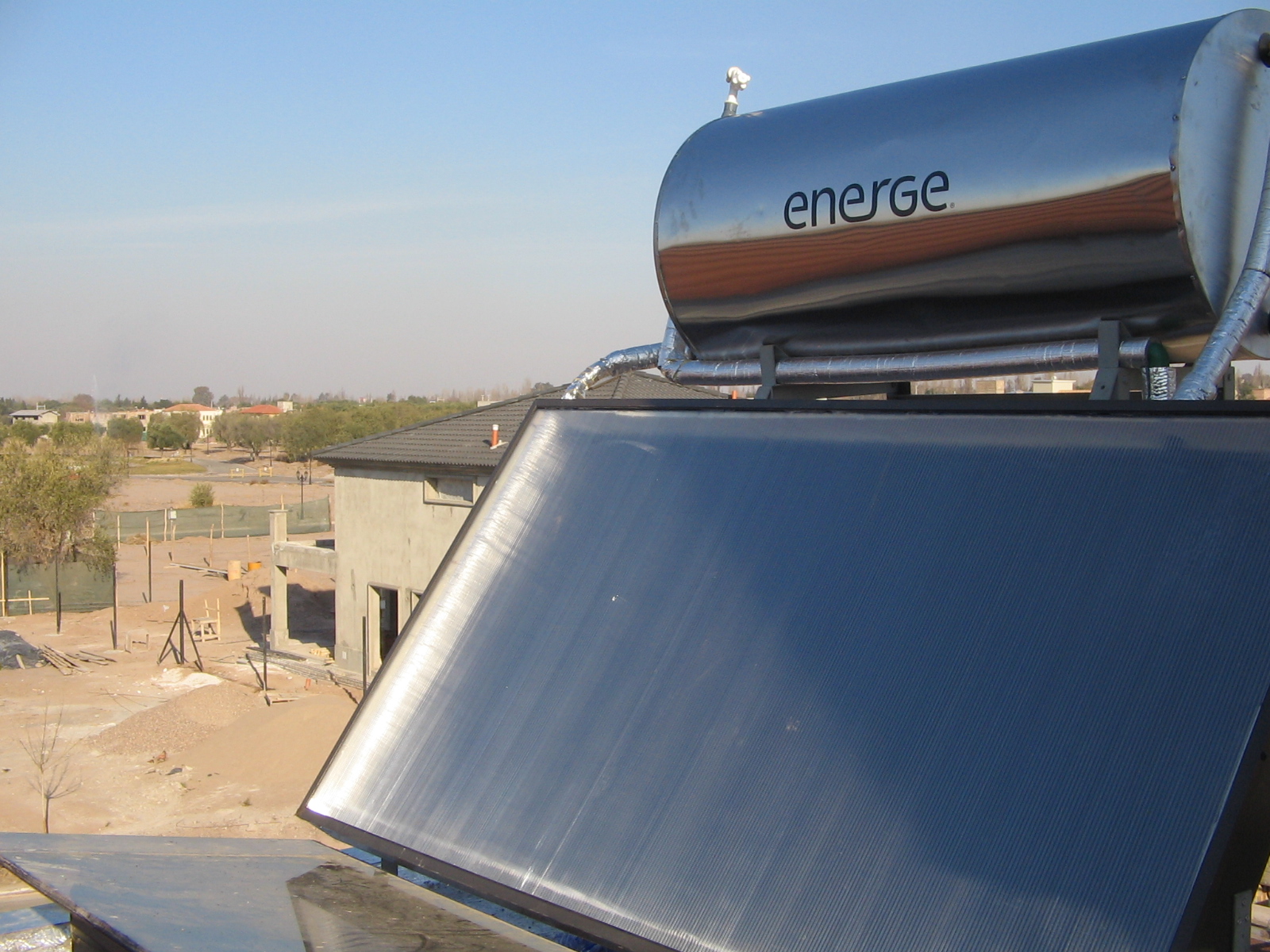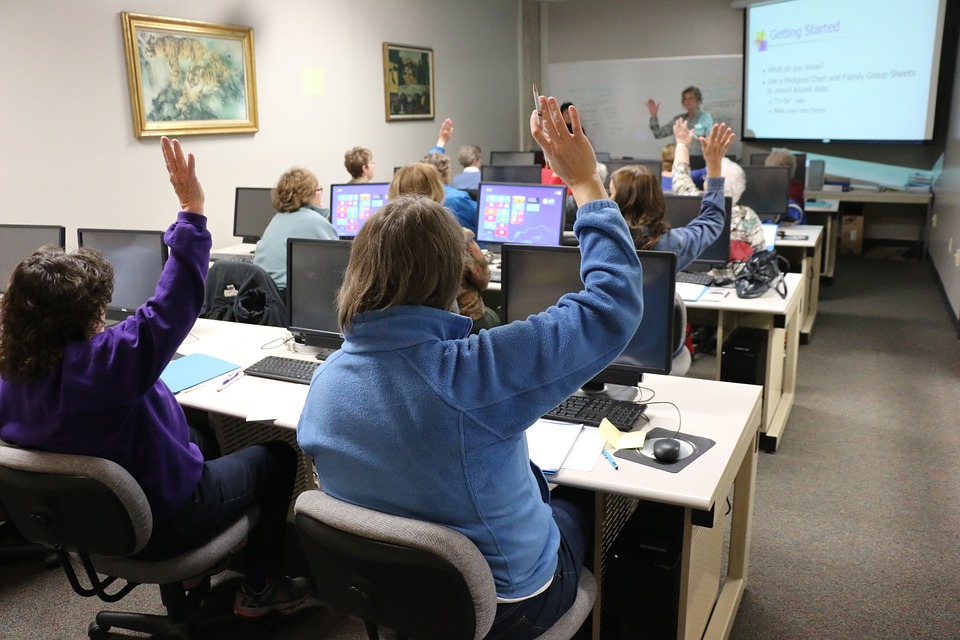Introduction to the PLANET course, renewable energy, gender equality, and safety


The goal of the project is to provide innovative training to farmers who own RES plants or want to invest, with practical and ICT skills in work-based environment related to daily management of the plant. The training will also be available for consultants or students as initial vocational training.
Introduction to the PLANET course, renewable energy, gender equality, and safety

The Solar Photovoltaic training course consists of 6 days of training,
both in-class, online and on-field (with a site visit of a operating
power plant). The module starts with an introductory chapter which
should allow the students to understand the applications of solar energy
as well as the roles of all actors involved in a solar plant project.
The module continues with a presentation of technical equipment of a
power plant and the influence of the local law and regulation on the
applications. The students will then learn the basic rules of design of a
power plant. Day 4 consists of a site visit where students will
discover an operating plant and how the information learned in the
previous days are applied on-field. They will also apprehend safety and
health regulation as well as the steps of Operations and Maintenance.
Day 5 presents the method for evaluation of the economical benefits of a
power plant and, finally, Day 6 is a presentation of how to run a power
plant through troubleshooting, maintenance and recycling phases. With
the knowledge of the course, the student get the ability to review the
design of a solar power plant according the present framework to allow a
sustainable economical operation of the plant.

The Solar Thermal training course consists of 6 days of training, both
in-class, online and on-field (with a site visit of a operating power
plant). The module starts with an introductory chapter which should
allow the students to understand the applications of solar energy as
well as the roles of all actors involved in a solar plant project. The
module continues with a presentation of technical equipment of a power
plant and the influence of the local law and regulation on the
applications. The students will then learn the basic rules of design of a
power plant. Day 4 consists of a site visit where students will
discover an operating plant and how the information learned in the
previous days are applied on-field. They will also apprehend safety and
health regulation as well as the steps of Operations and Maintenance.
Day 5 presents the method for evaluation of the economical benefits of a
power plant and, finally, Day 6 is a presentation of how to run a power
plant through troubleshooting, maintenance and recycling phases. With
the knowledge of the course, the student get the ability to review the
design of a solar power plant according the present framework to allow a
sustainable economical operation of the plant.

The Biomass training course consists of a technical part, operational
management, raw material, design and economy, law, legal and safety
issues and a site visit. The training content provides the student with a
comprehensive, practice-oriented knowledge of the construction and
operation of biomass local heating plants, starting with the basics of
biomass heating plants, suitable ranges of raw materials and their
extraction, the technical structure and their function, the operational
management, the required contracts, safety and hazard information and
compliance with the legal regulations. With the knowledge of the course
the student get the ability to influence the design of a new biomass
heating plant according the present framework to allow a sustainable
economical operation of the plant.
The biogas training course consists of the microbiology of digestion,
technical plant lay-out, (operational) management of the biogas plant,
business models, safety, environment and logistics. Site visits are
combined with (group) assignments to apply the learned skills and
knowledge. The training content provides the student with hands-on
knowledge of the basic plant design, the operational management, safety
and hazard information and compliance with the legal regulations.
This module focuses on small scale digesters, which you typically find
among the agricultural premises around Europe. Small-scale digestion has
many advantages. Basically it produces bio-energy out of manure and
feed leftovers. The revenues of this give the farmers more income.
Besides to this manure digestion also reduces the emission of methane
and nitrogen from the manure pits. Because the harmfulness of methane as
a greenhouse gas this is a very huge, but still not valued,
side-effect.
With the knowledge of the course the student get the ability to
influence the design of a new biogas plant and is able to ensure
technical, biological, sustainable and economical operation of the
plant.
The ICT module will provide farmers with the ability to use the basic ICT skills, needed to manage and monitor day by day the RES plants. This will be achieved through practical examples and tools related to RES utilization.
